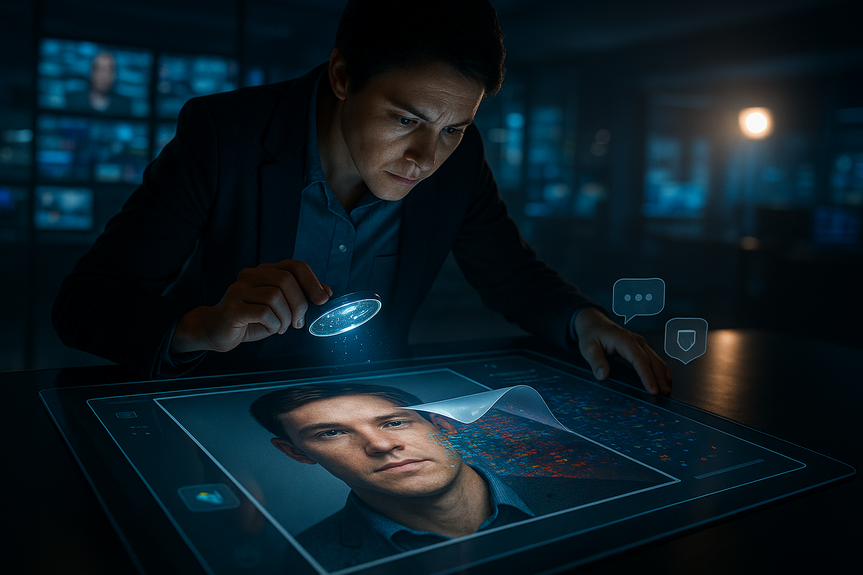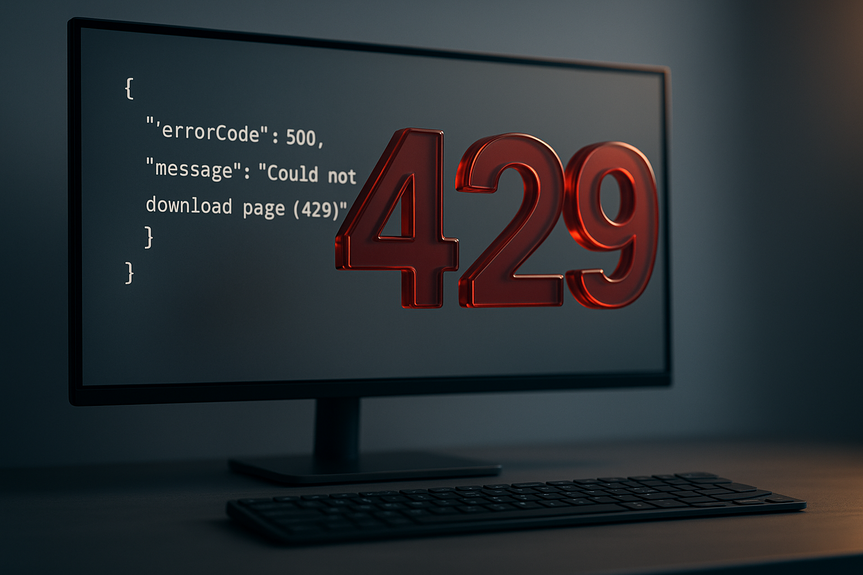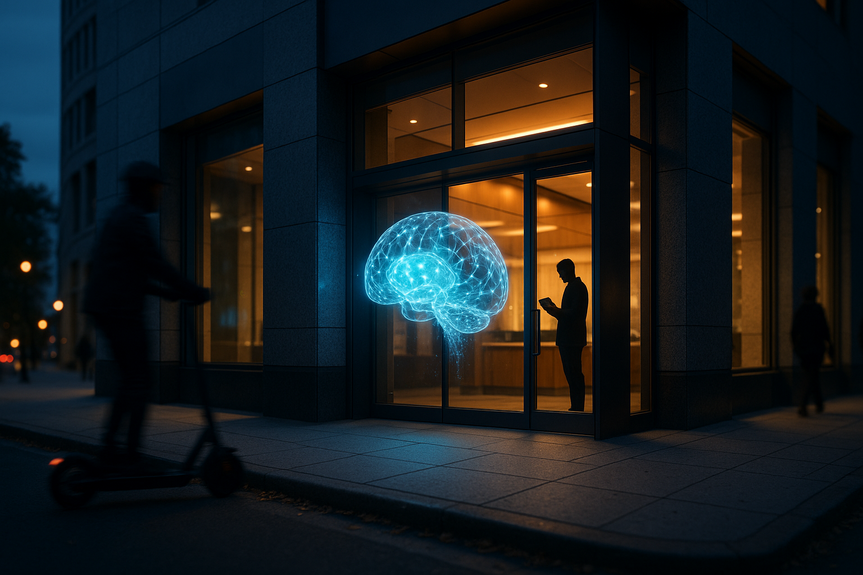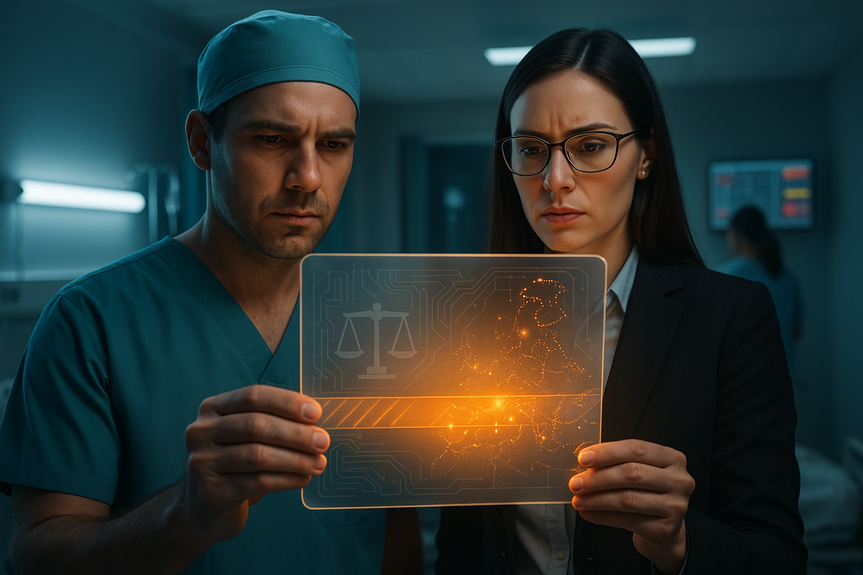
AI News
10 Feb 2025
Read 5 min
US Copyright Office Report on AI and Copyright Implications
Discover how AI-generated content fits within US copyright laws and what it means for creators and businesses
Understanding the U.S. Copyright Office Report on AI
U.S. Copyright Office AI report – The U.S. Copyright Office has released a report about artificial intelligence and copyright rules. The report focuses on how copyright laws apply to content created by AI. It provides guidance on whether AI-generated works can receive copyright protection and explores challenges linked to AI and intellectual property.
This report is important for artists, writers, and businesses that use AI tools. It helps clarify legal issues and future policy considerations.
Key Findings from the Report
The report answers key questions about AI and copyright. It outlines when creative works qualify for copyright protection and how AI affects the process.
Human Authorship Requirement
The report confirms that only humans can receive copyright protection for their work. It explains that:
- AI-generated content without human input is not eligible for copyright.
- Works with significant human involvement may qualify.
- Copyright law protects human creativity, not machine-generated content.
This means AI tools can assist in creating copyrighted works, but they cannot be the sole creators.
AI-Assisted Works vs. AI-Generated Works
The report explains the difference between AI-assisted and AI-generated content:
- AI-assisted work: A human creates or significantly edits the AI output.
- AI-generated work: The AI produces the content with little to no human involvement.
Only AI-assisted works have a chance of receiving copyright protection. The level of human creativity in the final work plays a key role.
Ownership of AI Training Data – U.S. Copyright Office AI report
AI models learn from large amounts of data. The report examines legal issues related to AI training, including:
- Who owns the data used to train AI?
- Can AI developers use copyrighted materials for training models?
- Should AI-generated content borrow elements from others’ copyrighted works?
These questions are still under debate. Future policies may provide clearer rules on fair use and AI training.
Impact of the Report on Different Sectors
The conclusions in this report affect multiple industries, including creative fields, business, and technology.
Effects on Artists and Writers
Artists and writers often worry about AI replacing human creativity. This report reassures them that copyright law still prioritizes human creators. Key points include:
- AI-generated art and writing do not automatically receive copyright protection.
- Human artists who modify AI output significantly can claim copyright.
- AI tools should serve as assistants, not creators, under copyright law.
This makes it clear that original human creativity remains essential for copyright protection.
Impact on AI Companies
Companies developing AI tools must consider copyright rules when training their models. The report raises key concerns for AI developers, including:
- Using copyrighted materials to train AI may involve legal risks.
- Content owners may challenge AI models trained on their work.
- Future regulations may affect how AI companies handle copyrighted data.
AI businesses need to monitor copyright laws closely and adjust their processes accordingly.
Legal Challenges and Future Considerations
The report highlights ongoing legal debates about AI and copyright. Several unresolved issues may influence future laws.
Fair Use in AI Training
Fair use allows limited use of copyrighted materials for purposes like education or research. The report discusses whether AI training qualifies as fair use. Some key questions include:
- Can AI companies train models on copyrighted text and images?
- Does AI-generated content copy too much from existing works?
- Should copyright owners have more control over AI training?
These issues will likely lead to future court cases and policy decisions.
Global Copyright Policies on AI (U.S. Copyright Office AI report)
Different countries have different copyright laws related to AI. Some policies allow AI-generated works to qualify for copyright, while others do not. The report suggests that:
- Countries must align their copyright laws with technological changes.
- International copyright agreements may need updates to address AI concerns.
- Businesses working globally should be aware of different copyright rules.
Understanding international copyright laws will be crucial for AI companies and content creators.
Conclusion – U.S. Copyright Office AI report
The U.S. Copyright Office report provides valuable insights into AI and copyright. It states that:
- Only humans can hold copyrights.
- AI tools can assist in content creation, but they cannot replace human creativity.
- Copyright applies only when a human makes significant contributions to a work.
This report helps creators, businesses, and policymakers understand how AI fits within current copyright laws. Ongoing discussions will determine how regulations evolve to keep up with new AI developments.
For more news: Click Here
Contents






